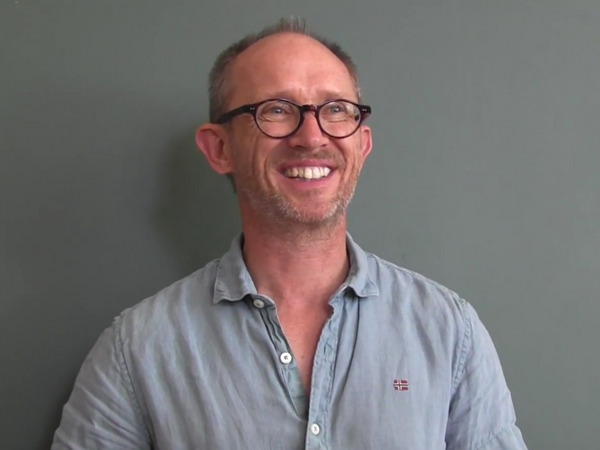Tell us a bit about yourself and your affiliation with this project
I am a senior scientist at INRA, working in the Eco&Sols research unit in Montpellier. I have about 30 years of experience working on root-soil interactions related to plant nutrition. It is my pleasure and honor to act as the coordinator of the Solutions for improving Agroecosystem and Crop Efficiency for water and nutrient use (SolACE) project.
What does SolACE aim to achieve?
SolACE aims to help European agriculture facing major challenges, notably increased rainfall variability and reduced use of N and P fertilizers for both economic and ecological purposes. It will do so by designing strategies and tools that combine novel crop genotypes and agroecosystem management innovations to improve water and nutrient use efficiency in a range of agricultural contexts across European pedoclimatic regions and farming systems.
Why focus on wheat and potatoes?
Wheat (bread and durum) represents almost 45% of the European harvested cereal production while potato is the largest non-cereal crop produced in Europe. We focus on these crops as they also represent different production systems, with contrasting biology (especially below-ground), agri-food targets (grain versus tuber crop) and responses to abiotic stresses. Wheat is more exposed to water and N deficits in the context of present-day European agriculture, while potato production is also sensitive to reduced inputs of P fertilizers.
Why is SolACE needed?
SolACE is needed as it represents a first opportunity for a broad range of European stakeholders to work collaboratively in order to identify and test novel solutions to improve the ability of crops and cropping systems to deal with combined water and nutrient limitations. As such, it is a multi-actor project, gathering scientists from 14 different institutions as well as 11 non-academic partners, from farmers’ groups and advisors to small biotech and large seed industries, as well as an NGO.
What makes SolACE stand apart from other projects dealing with water and nutrient use?
One of the major novelties is to include below-ground traits, not just root traits, but also traits related to interactions with the root microbiome (soil bacteria and fungi, including mycorrhizal fungi). SolACE will, however, also account for above-ground traits, and search for innovations at the crop management level, with a particular focus on making better use of plant-soil microbes and plant-plant interactions (e.g., via the use of microbial inoculants or crop genotype mixtures).
What are the major challenges associated with the project?
A major challenge for SolACE is to make better use of existing knowledge and develop new knowledge on belowground traits and interactions for breeding more resource-efficient genotypes and designing management innovations for an ecological intensification of agroecosystems, both for conventional and organic farming systems. Another challenge is to achieve such ambitious objectives with a multi-actor approach across Europe and its diversity of pedoclimatic contexts and agricultures.
How can others get involved?
Beyond the goal of communicating SolACE achievements to a broader community, stakeholder engagement is an important concern, in order to appropriately account for their diversity of viewpoints, depending on local conditions, which is only partly reflected by the broad range of partners directly involved in SolACE. Those who are interested in getting involved can join the SolACE stakeholder forum, which will keep you informed about relevant activities, such as stakeholder events. The next SolACE Stakeholder event will take place in Foggia, Italy on 16 May 2018.

 tap and then scroll down to the Add to Home Screen command.
tap and then scroll down to the Add to Home Screen command.